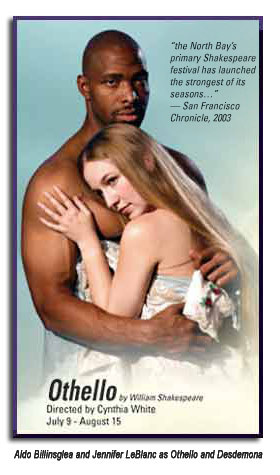The academic life is probably like many careers in that ultimately you have to find an audience. Professors spend months or years on a major project, then try to get it published in the best possible venue. Then they hope for positive reviews and, ultimately, acclaim and influence. I suspect that if one did a study based on exit interviews of academics as they retired from the profession, not a few of them would express the feeling that the game was somehow stacked against them—that their work did not get the attention it deserved, that it should have been discussed in all the elite intellectual venues—the New York Times Book Review, the New York Review of Books, and ultimately, perhaps, become assigned reading in college courses everywhere. They should have been somebody.
Lots of academics probably feel this way, but no one has so explicitly expressed it quite like Paul Gottfried has. In his recent VDARE.com piece, “Claes Ryn, Allan Bloom, Leo Strauss, and Me,” Gottfried is clearly frustrated. He managed to get his book, Leo Strauss and the Conservative Movement in America, published by an elite academic publisher, Cambridge University Press—no mean feat. But intellectual fame and fortune haven’t happened, and Gottfried is not pleased:
I shall lay my cards on the table. I am outraged at how the usual suspects kept my book from being discussed. Despite my well-known views on certain delicate subjects, I tried to produce a fair study of a difficult topic and bent backward in showing sympathy for the movement’s founder and at least some of his disciples. The successful attempt to white out my work has annoyed me no end.
In order to explain this lack of attention, Gottfried refers to Claes Ryn’s “Allan Bloom and Straussian Alienation“:
The arguments marshaled by [Claes] Ryn indicate, as does my book, why Straussians reign in the NYT’s Sunday Book Review Section as well as in Conservatism, Inc. Although Ryn does not make this last point explicitly, perhaps for fear of reprisal, a fuller explanation is at least implicit in what he does tell us. His comments may also explain why my book, initially marketed by Cambridge with high hopes and considerable promo, received absolutely no attention in the national Main Stream Media.
For fear of the Straussians.
So how have the Straussians been able to dominate all the high ground of American culture? And in particular, how they have managed to completely co-opt what passes for conservatism? These questions are not really answered by either Gottfried and Ryn, but there are hints. Both emphasize that Straussian ideology has functioned to pave the way for a new elite with no ethnic or cultural ties to the old elite by conceptualizing America as a proposition nation without specific ethnic or religious roots. Given the very large role of Jewish intellectuals among the new elite, the motivation is obvious: If one doesn’t share the ethnic, religious, and historical roots of a society but wants to be accepted as the new intellectual elite, then define the society as having no ethnic, religious, or historical roots. Ryn notes that
the desire to have America be something different from its historical past and to make it perhaps also more palatable to an aspiring new elite is probably most evident and explicit in Bloom’s fellow Straussian Harry Jaffa. Jaffa has made a career of asserting that America must not, repeat, not, be understood as owing anything of importance to an old historical heritage. It must be seen as born out of a radical break with the past and as based on abstract principles of an essentially Lockean cast—Lockeanism understood concomitantly as a departure from earlier thought.
The subterfuge of the Straussians was to attempt to locate this proposition culture in the deep wellsprings of Western culture in order to make it more palatable to conservatives, a position that required them to completely disregard normal standards of scholarship. Thus Plato is presented as an ardent democrat. Ryn:
Allan Bloom contends that Plato, whose iconic status and authority he would like to invoke on behalf of his own beliefs, is markedly different from how a long tradition of classicist scholarship has understood him. Contrary to all appearances, Plato is not scornful of democracy and democratic man. He is a democrat in disguise.
Indeed, in the hands of the Straussians, all of Western philosophy comes down to alienation from society and from tradition—an odd proposal to say the least, and here Ryn also mentions the Frankfurt School as completely on board with the Straussians. The tension arises from the fact that rejection of society and tradition are usually considered to be of the left. As Ryn notes, “in their disparagement of tradition [they] resemble the open, unqualified left.” In place of tradition and ethnic or cultural particularity, these philosophers opt for universalist abstractions in which the White race or Christianity are excluded as significant categories. Read more

 Editor’s note: A theme of TOO is that the entire culture of the West has been corrupted. This includes essentially all the arts and academic fields in the social sciences and humanities. It is therefore not surprising that Shakespeare criticism has been influenced by the reigning culture of the academic left. This essay is an abbreviated version of the second chapter of George F. Held’s ebook,
Editor’s note: A theme of TOO is that the entire culture of the West has been corrupted. This includes essentially all the arts and academic fields in the social sciences and humanities. It is therefore not surprising that Shakespeare criticism has been influenced by the reigning culture of the academic left. This essay is an abbreviated version of the second chapter of George F. Held’s ebook, 



